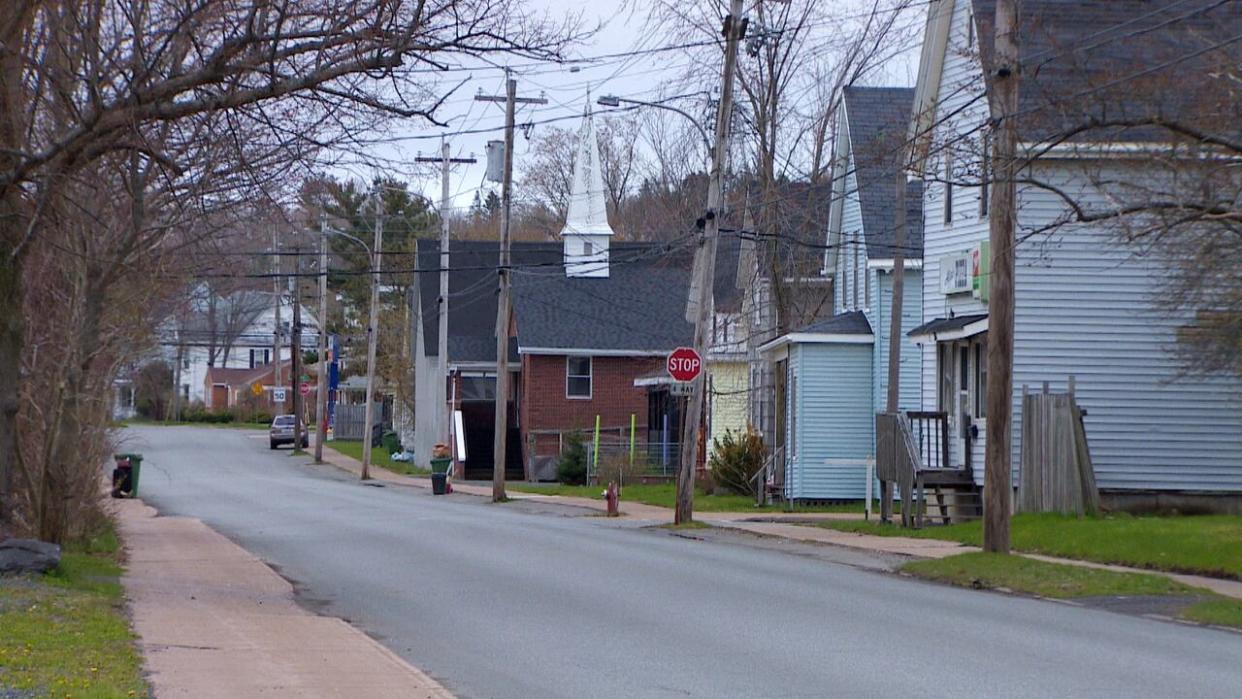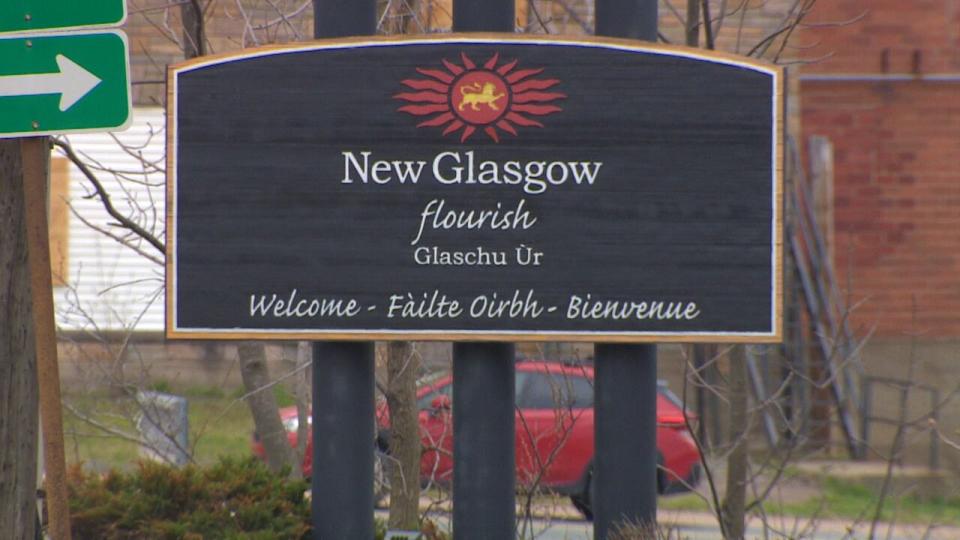New Glasgow tenants left without running water for days after landlord failed to pay bills

Tenants of seven buildings in New Glasgow, N.S., were left without running water for four days because their landlord hadn't paid his water bills in years.
CBC News spoke to five tenants of landlord Jonathan Wright. Some said they had spent hours lugging jugs of water into their homes to flush their toilets. Others said they had been forced to stay in shelters or hotels with their small children.
"This water being cut off is the final straw. But you get to a point where you live in fear — you complain too much, they'll evict you," said one tenant, who CBC News isn't identifying because they fear retaliation from the landlord.
Lisa MacDonald, the town's chief administrative officer, said Wright hadn't paid his water bills since he acquired the properties, some as far back as 2021. The town doesn't know how many people live in the buildings, she said, but around 16 units are being rented out.
CBC News contacted Wright about the issue on Monday. Some tenants said they were informed on Tuesday that the water bills had been paid and their service would be restored.
There have been a string of maintenance issues with the properties, like leaking roofs and rat infestations, which the landlord hasn't dealt with, they said.
"This man purchased these properties. He has collected rent from all of us," said the tenant. "Whenever we made a complaint about the maintenance — and I'm not talking about something small, I'm talking about serious health and safety concerns — we were bullied, we were ignored."
Another tenant said they were too afraid to go to Nova Scotia's Residential Tenancy Program or town bylaw officers because they feel if they are evicted or the building is condemned, they won't be able to afford rent elsewhere and they'll be forced to sleep in a tent.
No response from landlord
Property records show at least 20 properties in the Nova Scotian towns of New Glasgow, Trenton, Stellarton, Truro, Westville and Amherst are owned by various numbered companies linked to Wright.
One tenant provided CBC News with notices from Wright in which he identified himself as property owner. Other tenants at different addresses had no copy of their lease and didn't know who their landlord was.
CBC News contacted Wright through the president of his property management company, Canada Homes For Rent, who declined to comment. Wright did not respond by publication time.

New Glasgow is looking to implement a rental registry to better monitor landlords and rental housing. (Eric Wooliscroft/CBC)
MacDonald called the situation "discouraging."
"There's a need for rental housing within any community, but there's also a need to have a standard of rental properties and it's very unfortunate when tenants don't necessarily know their landlord, how to contact them," she said.
17% of renter households in 'core housing need'
Annie Hodgins, executive director of the Canadian Centre for Housing Rights, said low-income tenants living in unsafe conditions is becoming more common.
"There are no options for people," Hodgins said. "They are finding they're trapped in the homes that they're in, rents are going up and there's nowhere else for people to go."
She pointed to the idea of "core housing need," which the Canada Mortgage and Housing Corporation defines as "households that are living in housing that are unaffordable and/or fall below acceptable housing standards."
According to the 2021 census, 17.5 per cent, or more than 44,000 renter households in Nova Scotia were in core housing need.
MacDonald said New Glasgow is looking to implement a registry of rental properties similar to Halifax, to try to get on top of bylaw violations and enforce minimum residential standards.
MORE TOP STORIES


